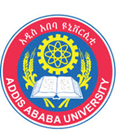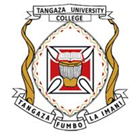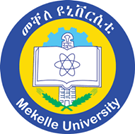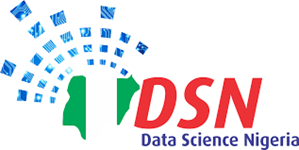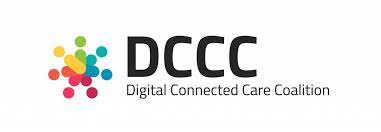VODAN Africa To Deploy Digital Health Systems Across Africa
VODAN-Africa Health System is being deployed across 88 health facilities in 8 African countries. The leadership of the VODAN-Africa project decided this in its Tuesday meeting on April 12th, 2022. This is an achievement in alignment with the mission of VODAN-Africa to generate continuous, real-time, high velocity clinical observational patient data from resource-limited communities that have not been well represented in digital health data. The key feature is that the data produced remains in the health facility only. It will not leave the health facility. Since the data is machine-actionable the input of the data only happens once; in the deployable architecture, the data is used for four parallel use cases.
“This is an ethical data infrastructure, fully compliant with the guidelines of FAIR Data, GDPR, and local regulation. I am proud that this international team has created a pandemic early warning infrastructure, we will be able to pick up pandemic trends early, localize them and work with local health authorities to act on the data” said Mirjam van Reisen, chief investigator at Leiden University Medical Centre and Leiden Global, leading a team of African scientists.
Mariam Basajja, Ruduan Plug, and Aliya Aktau from Leiden Advanced Institute for Computer Science (LIACS) and Leiden University Medical Centre brought the overall architecture together. Mekelle University and Ayder Hospital Scientists Samson Amare Yohannes and Getu Tadelle realized the key features of the architecture. Kampala International University (KIU) based scientists Oluwole Olumuyiwa Afolabi and Ezra Mwesigwa realized the dashboard that can be utilized within the facility and across the 88 facilities where VODAN-Africa is now being deployed. Putu Hadi Purnama Jati led the research into the adoption strategy of the innovation to Health Facilities, which sign a Data Use Agreement to ensure data is used in accordance with all regulations.
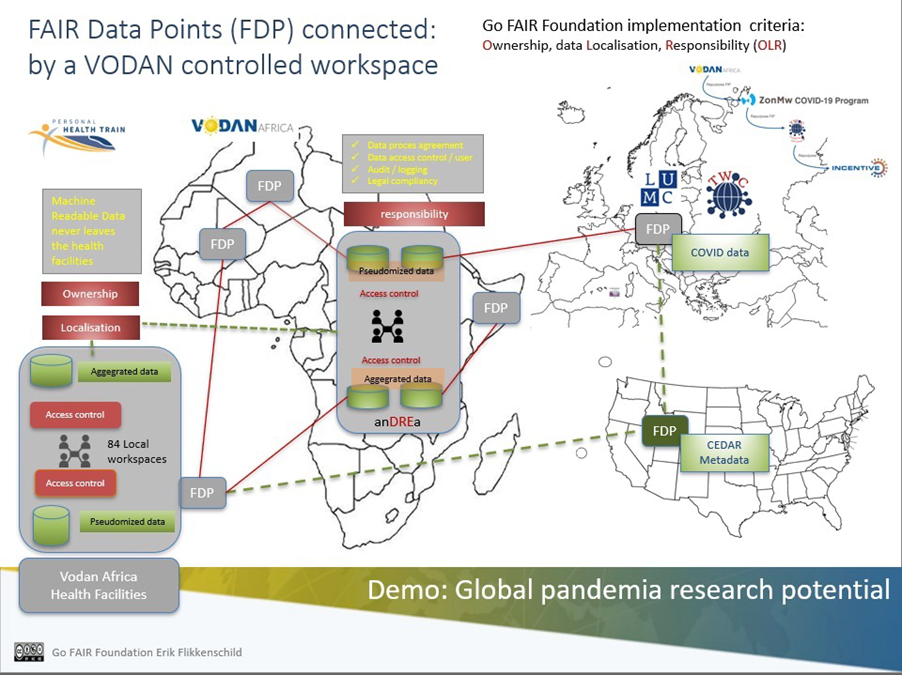
The VODAN-Africa CEDAR localized system will allow hospitals and clinics to produce Findable, Accessible, Interoperable, and Reusable (FAIR) data and visualize these data collected from Outpatient Departments, Antenatal patients, and COVID related data. The deployment in the facilities will be led by the Chair, Prof Mpezamihigo, VC at KIU and Executive Coordinator, Prof. Francisca Oladipo, and Dr. Reginald Nulagala, leading the Country Coordinators. They are supported by a leadership team.
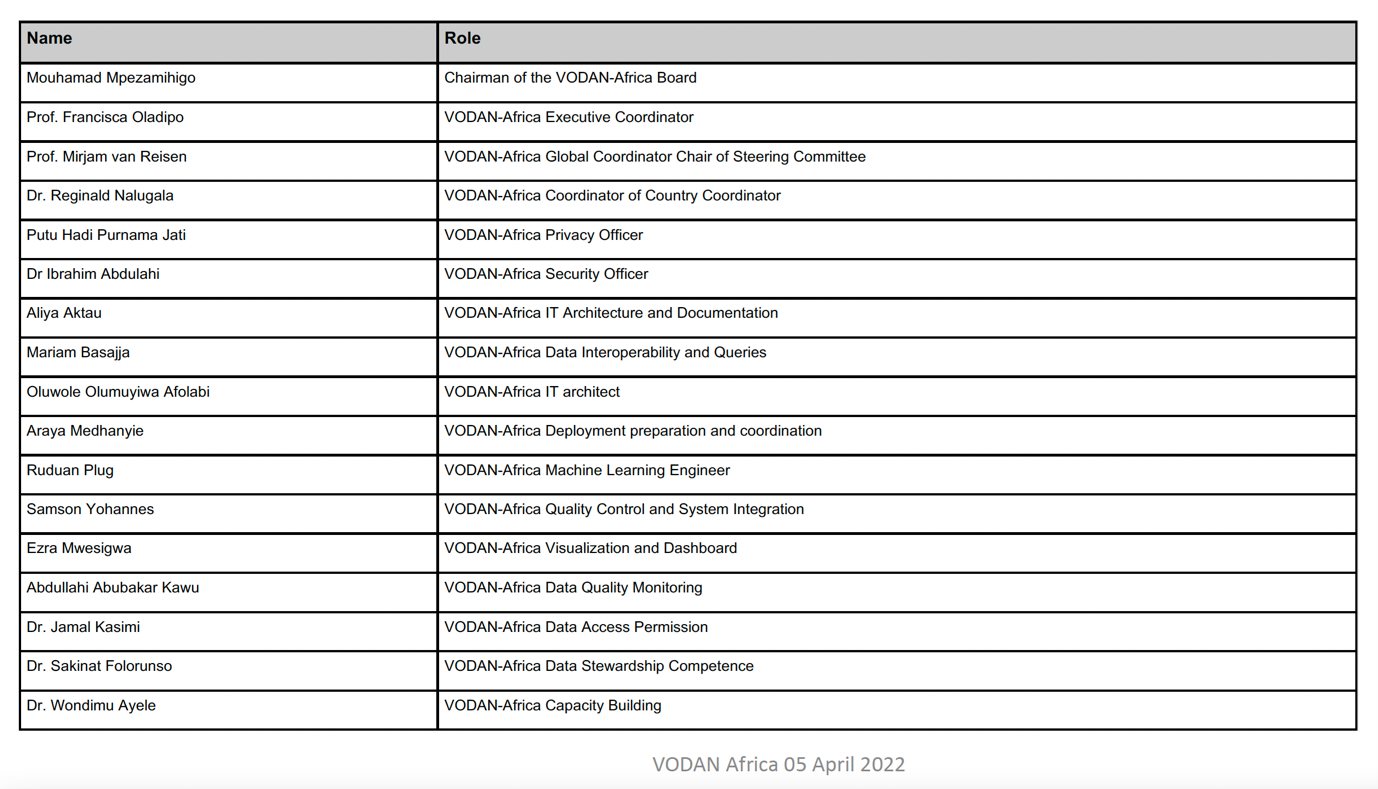
This system is ready to be installed locally in residence under the regulatory laws of each country and the data produced can be exported/imported into the government’s Health Information Systems such as DHIS2 or Impilo.
The system was designed with standard medical vocabulary that will enable the data stewards to use it seamlessly. The templates are created with respect to the information needs of each health facility. All the data collected are stored in the local clinics and hospitals, while the VODAN-Africa dashboards help the medical experts to visualize data according to their information needs. The dashboard also aggregates data from other health facilities in real-time through the technique of data visiting. The algorithm goes over the internet and visits the data, which remains de-identified, to recompute the aggregate results. The inclusion of the data in a linked data triple store within the facility allows the data to be queried in a dynamic way. The access and control over the data and permissions given for data visiting reside within the health facility, which, together with authorities, decides whether or not the data is visitable for a particular proposition. The system can also allow researchers to run dynamic SPARQL queries through APIs.
Van Reisen states: “This African-led initiative holds amazing potential for science and is a breakthrough for ethical FAIR AI Ready data pipelines.” The deployment will be done across health facilities in Kenya, Nigeria, Uganda, Ethiopia, Somalia, Tanzania, Zimbabwe, and Liberia.
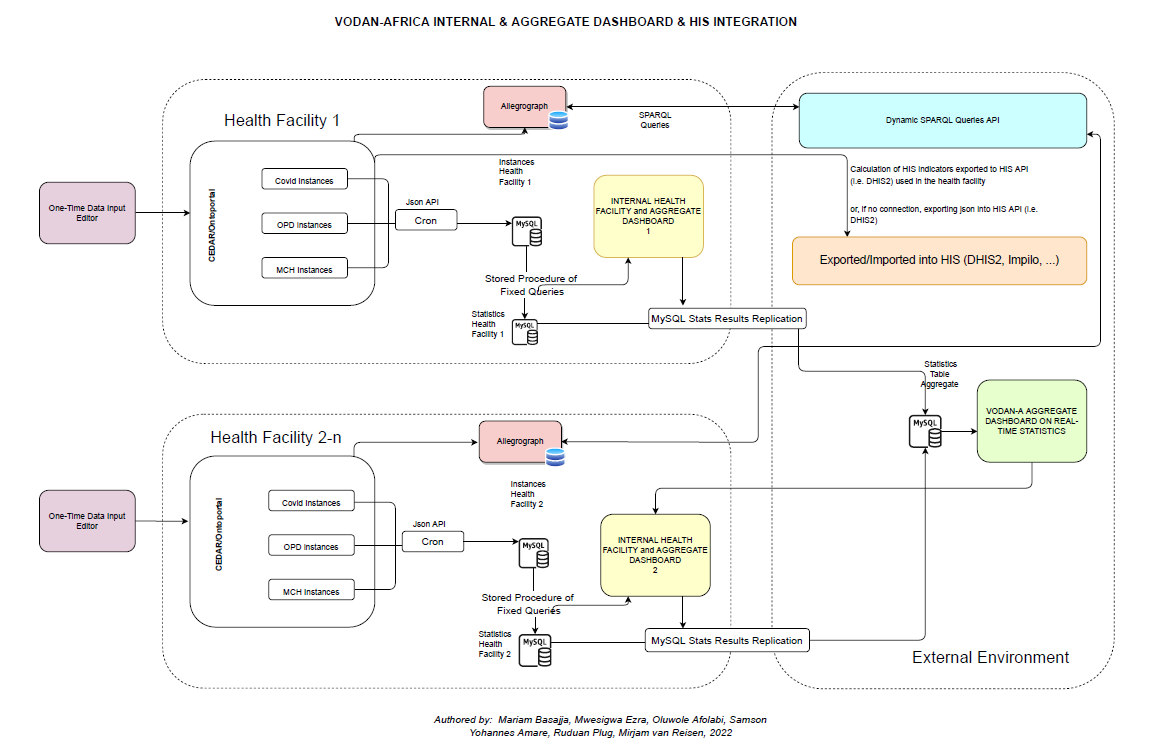
An Overview of VODAN Africa CEDAR Localized System
- The localized CEDAR system receives one-time data input from an editor that is operated by the data steward. The system converts the data to machine-actionable/machine-readable format that can be queried using Dynamic SPARQL Queries API and stored in a local SQL database.
- The locally stored data can be visualized in real-time through an internal dashboard by the local clinics/hospitals. The data from various health facilities in different countries are used to create an aggregate dashboard that also provides real-time statistics and visualization. There is an external dashboard that serves as an input to the internal and aggregate dashboard. The external dashboard displays real-time data from the health facilities.
- The system allows health facilities to set up their internal database, facility information, user/administration privileges, access, and security control.
The central element of the architecture is the localised CEDAR instance, which allowed the local data production and repositing. This was realised by Samson Amara Yohannes, Getu Tadelle and Ruduan Plug. The architecture will be presented and discussed during a conference on Wednesday 20 April 2022, during a visit of Stanford CEDAR lead Prof Marc Musen to Leiden University Medical Centre.
“We are proud to showcase this revolutionary innovation by African scholars and designers, who have worked with all stakeholders to produce this result. Africa science, working together with LUMC and Stanford is showing us the way to overcome fragmentation, but to build cooperation on data science while data is held where it is produced and where it belongs.” Stated Van Reisen.
The hybrid Conference organised together with the San Diego Supercomputing Centre can be followed by anyone and will be recorded for online viewing.
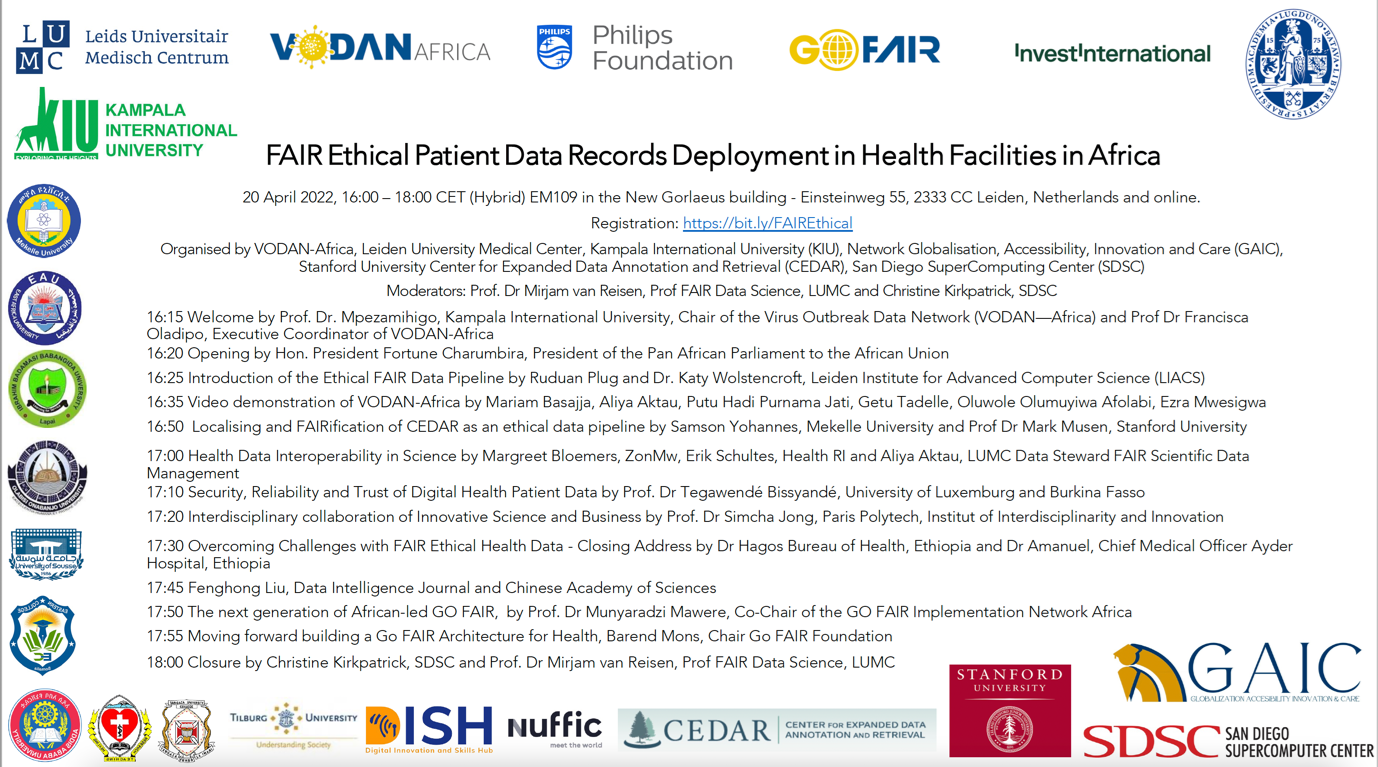
Registration is here: https://bit.ly/FAIREthical





